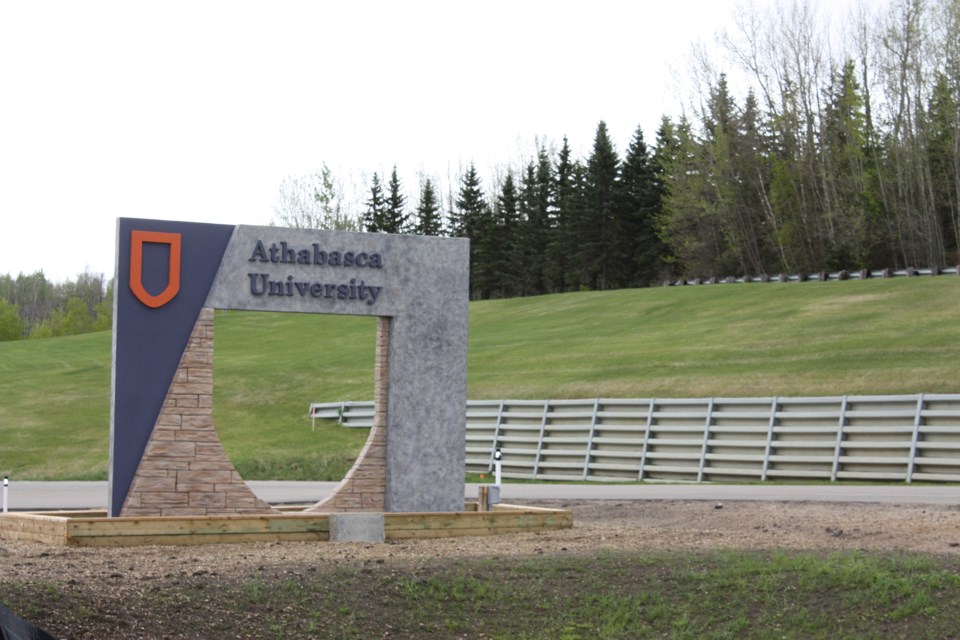Dr. Marti Cleveland-Innes, a professor and the program director in the Master of Education program for Athabasca University says AU has always shared not only courses for distance students but supports all levels of education from Kindergarten to Grade 12 and beyond.
“When this broke, our first response was our concern for K to 12 teachers, and the huge number of students that they would be teaching, first in Alberta, across our country, and then in the world,” Cleveland-Innes said.
“So, K to 12 in particular, has some work that's been done in distance, online and what we're now calling technology-enabled learning, but not as much as higher ed has.”
AU has been offering free courses for educators and students who aren’t even accessing AU courses for several years in support of education as a whole. Cleveland-Innes noted that being able to reach out to students who may be in an educational desert like remote areas or developing countries is important to keep them engaged and focused on continuing education.
“We have now four open online free courses,” she explained. “The most exciting one is called Learning to Learn Online Express; it's for 14- to 20-year-olds and it's set up to be kind of a fun, engaging experience for students who probably know about Instagram and WhatsApp and maybe Facebook, but they really don't know much about learning online. That is an offshoot of a course we developed six years ago called Learning to Learn Online.”
AU has history and an expertise developed over the past 50 years so they can shape and offer what they do for any group. It's a model traditional universities are now racing to develop as the pandemic emptied out classrooms.
“When people were coming to talk with us, we were also talking to areas where the technology just was not reliable enough,” Cleveland-Innes said. “So, we were able to offer solutions and suggestions; How do you use a paper environment? How do you use telephones? How do you use TV and radio to offer all kinds of support and suggestions?”
For the past six years, they have offered support with a particular emphasis on the K to 12 environments and the pandemic has made that even more important information.
“We created a Moving Education Online website, where we offered three segments,” she explained. “That was a resource repository of curated resources, things that we looked carefully at to make sure that we're giving sound information. The first section is for parents and children, the second is for K to 12 teachers and administrators and then we did also have a section for higher education.”
AU both supplements courses for brick and mortar schools who don’t or can’t offer a particular course and attracts students also are already working or can’t leave to attend a traditional university, so they need the distance version to allow them to study while maintaining the life they have right now.
“(AU) is absolutely excellent at what it does, the way that we can deliver education and the levers that we can pull to make sure that whoever is coming to the table — a group, a constituency, an individual — can get the education that they need from us,” said Cleveland-Innes.
“That's what the brick and mortar institutions are going to have to do as well. They're going to have to feel their way through all these other generations because it takes a lot of cultural shift of role change, of different belief systems, new infrastructure, new ways of dealing with students, and examinations and convocations.”
Brick and mortar institutions are in communities where they are dependent on people being in that community so they are unable to offer the support AU does being fully online, which is why they are reaching out to share AU’s expertise.
“We know how to create presence, how to make connections, how to develop relationships with agencies and individuals to offer really high-quality education in a fully online environment,” Cleveland-Innes added. “And we're good at it. We were able to be of even more service during the pandemic.”



.jpg;w=120;h=80;mode=crop)